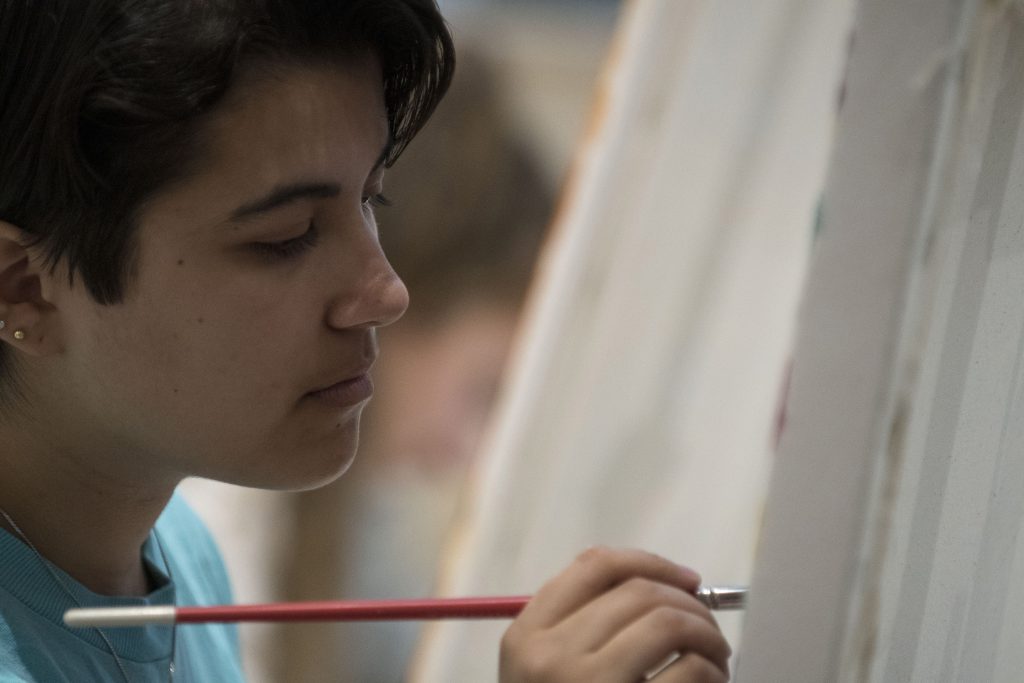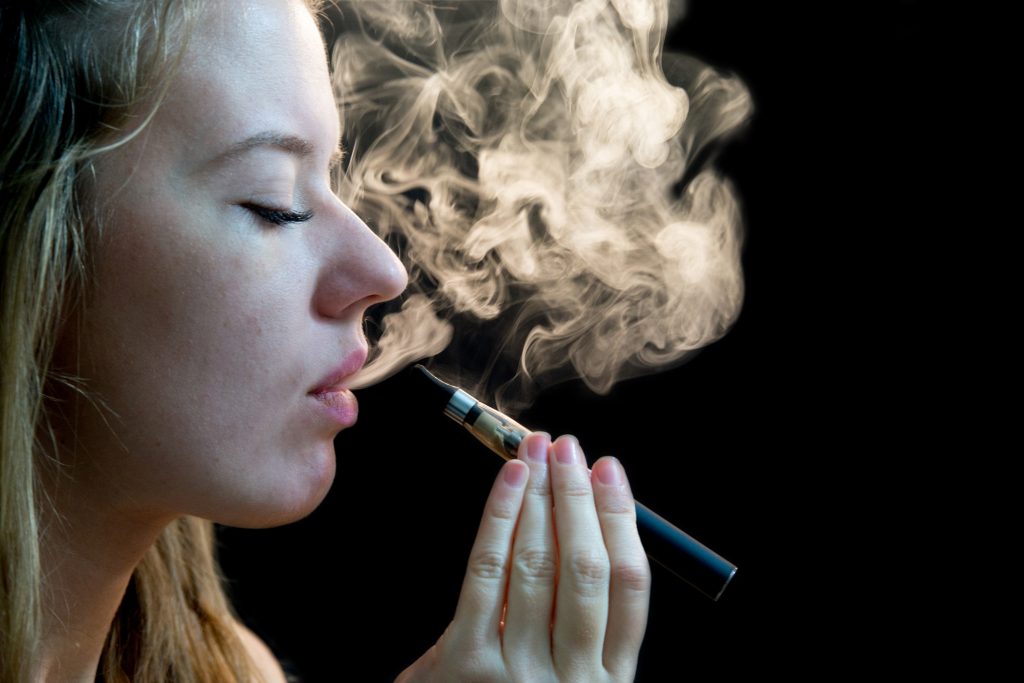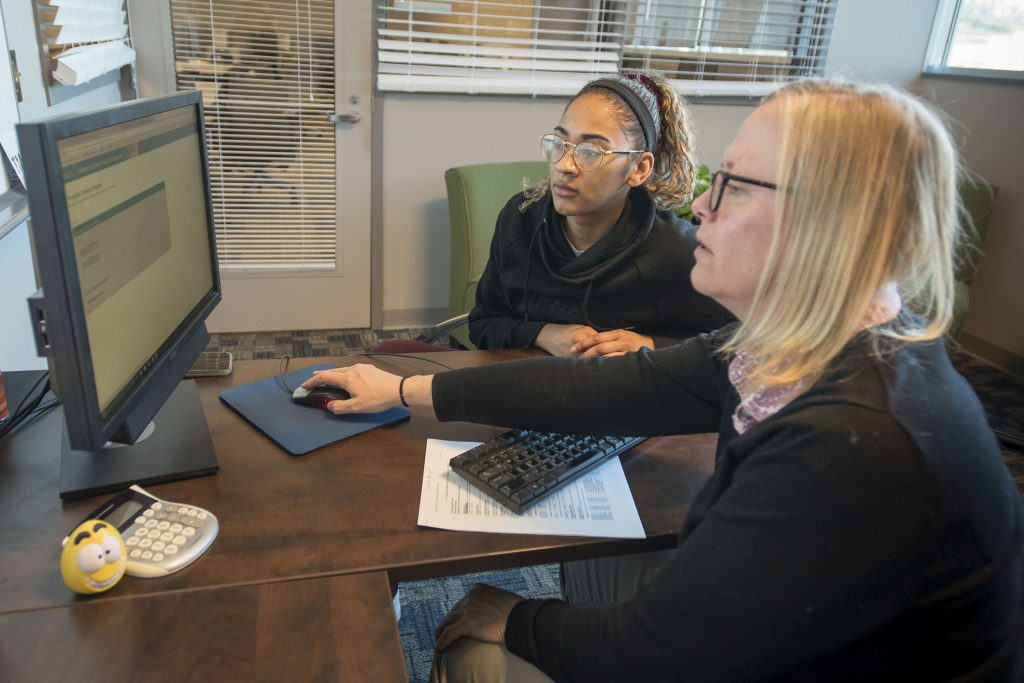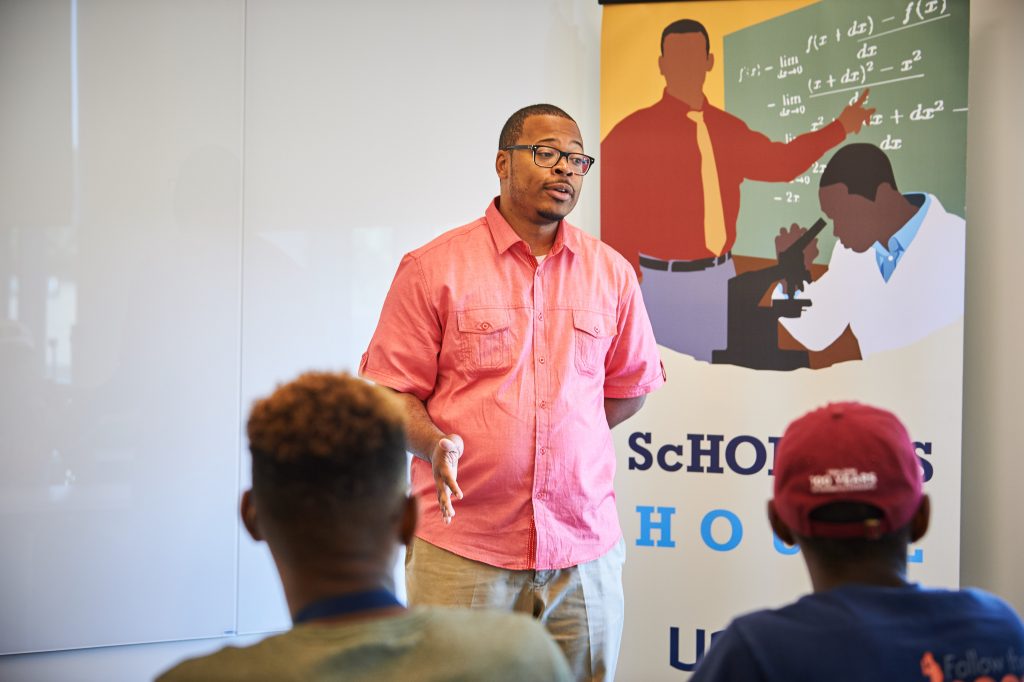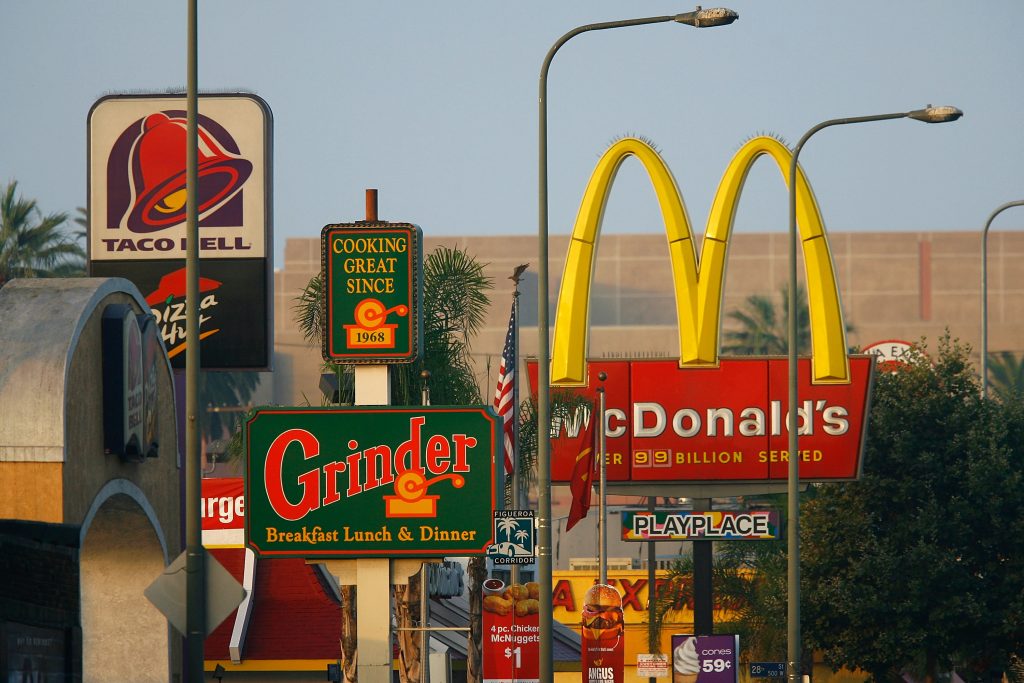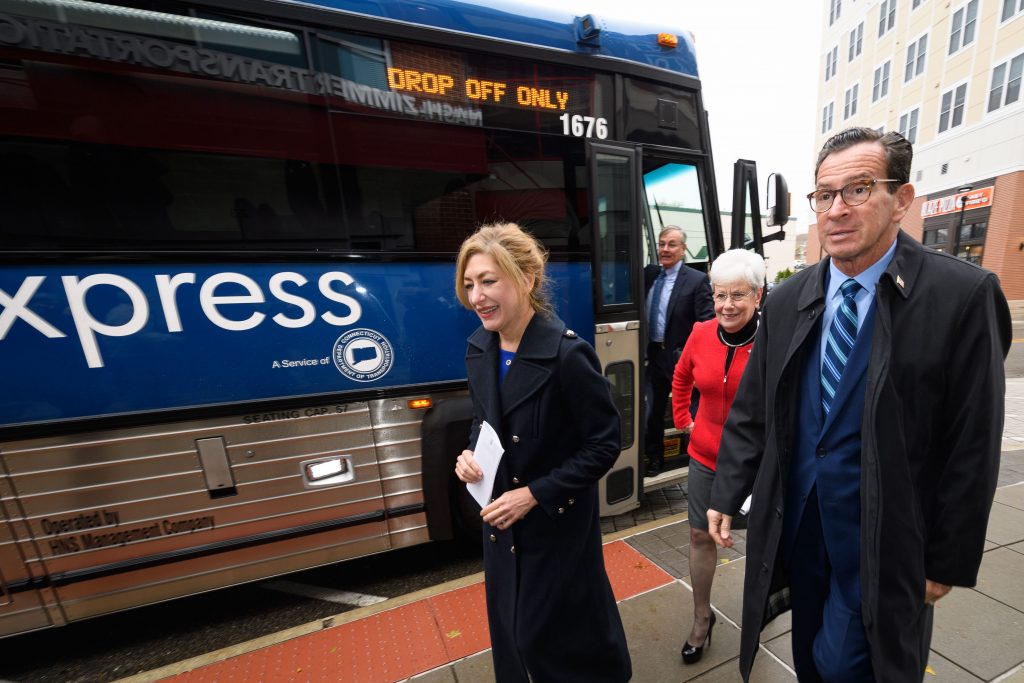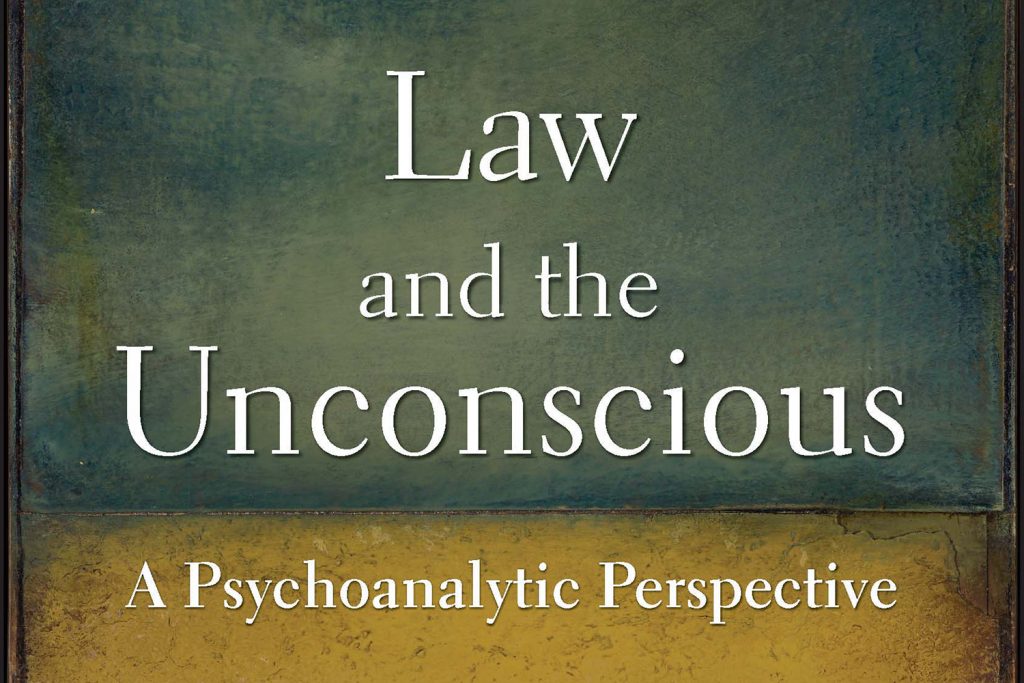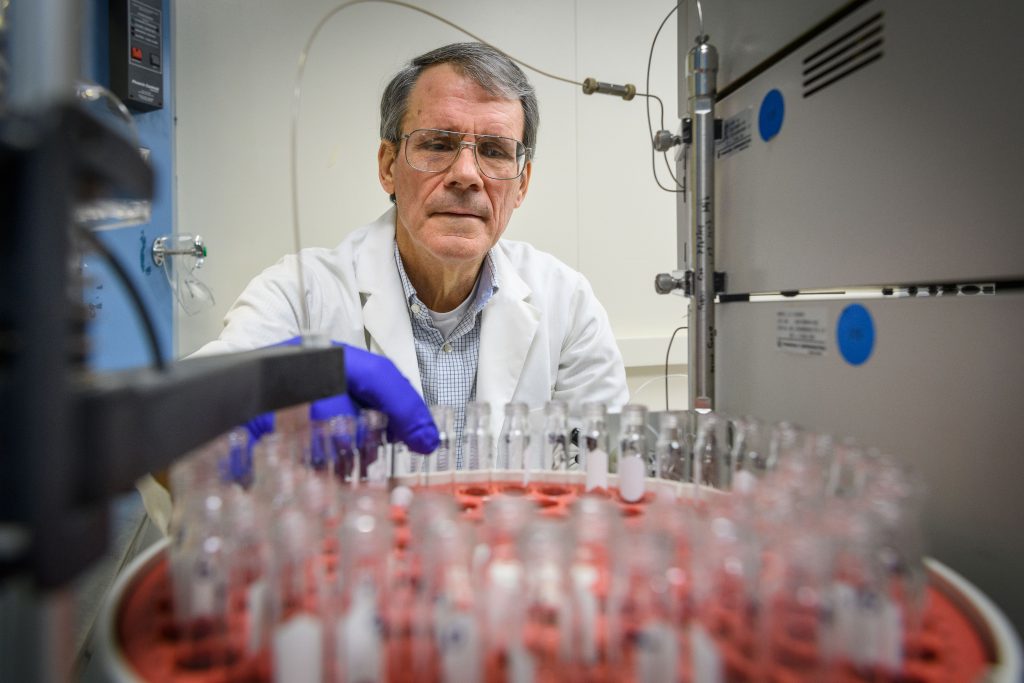Topic
The Art of Concentration
Students paint from their mind's eye in a basic painting class.
November 17, 2017 | Garrett Spahn
Don’t Vape Your Health Away
On Great American Smokeout Day, a UConn Health pulmonary specialist discusses the hazards of the growing e-cigarette and vaping trend.
November 16, 2017 | Lauren Woods
Student-Athlete Strong: Tosin Adeniyi
'I am one of the luckiest girls to have received such an amazing education and college experience through volleyball.'
November 16, 2017 | Susan Twiss
New Software Can Pinpoint Hate Groups’ Radicalization Sites
A UConn Stamford business professor has developed software that can comb the internet, including the dark web, and identify terrorist content.
November 15, 2017 | Claire Hall
Staying in College to Help Others Graduate
Mentors and guidance counselors helped Erik Hines, assistant professor of educational psychology, find his path. Now he is paying it forward.
November 14, 2017 | Julie (Stagis) Bartucca ’10 (BUS, CLAS), Photos by Peter Morenus
Food Swamps Predict Obesity Rates Better Than Food Deserts
A new UConn Rudd Center study found that easy access to fast- and junk-food outlets was a better predictor of high obesity rates than lack of access to affordable, nutritious food.
November 14, 2017 | Daniel P. Jones, UConn Rudd Center
How Birds are Rescheduling their Lives Around Climate Change
'We were expecting them to only move in space, but we’ve demonstrated they also move in time,' says UConn researcher Morgan Tingley.
November 13, 2017 | Elaina Hancock
Expanded Bus Service Receives Robust Response
Gov. Malloy and Lt.-Gov. Wyman were in Storrs Center Monday to mark the success of the CT Transit route between UConn and Hartford, which has served more than 32,000 passenger trips since August.
November 13, 2017 | Combined Reports
Law Professor’s Book Connects Psychoanalysis and the Law
Anne Dailey addresses popular misconceptions about psychoanalysis, including the idea that psychoanalytic ideas about the unconscious directly conflict with the law’s presumption that each individual, unless insane or coerced, acts upon the basis of free will.
November 13, 2017 | By Jeanne Leblanc
Bacterial Fats, Not Dietary Ones, May Deserve Blame for Heart Disease
A new study by UConn scientists suggests that the fatty molecules linked to heart disease may come not only from what you eat, but from the bacteria in your mouth. The research may explain why gum disease is associated with heart trouble.
November 13, 2017 | Kim Krieger
